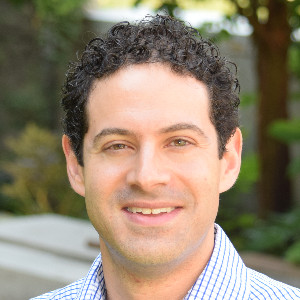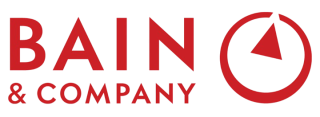Check out these threads for clarity on this question:
- https://www.preplounge.com/en/consulting-forum/freaking-out-about-frameworks-8721
- https://www.preplounge.com/en/consulting-forum/does-anyone-have-any-advice-for-dealing-with-non-profits-or-public-sector-cases-particularly-in-helping-them-grow-9178
- https://www.preplounge.com/en/consulting-forum/hi-i-have-a-question-regarding-cases-on-new-industry-8899


















